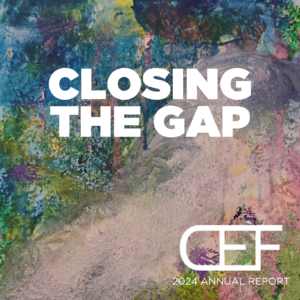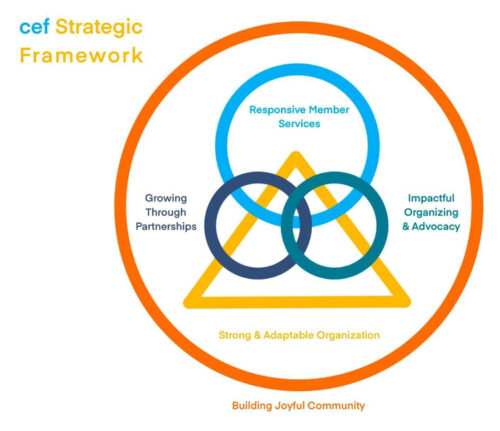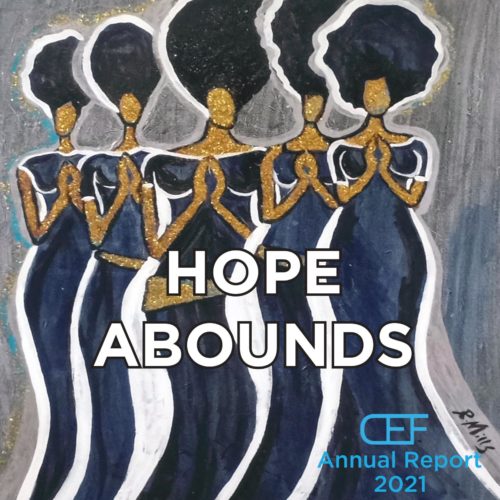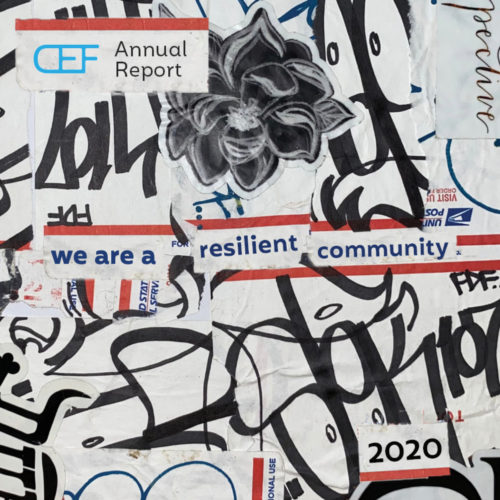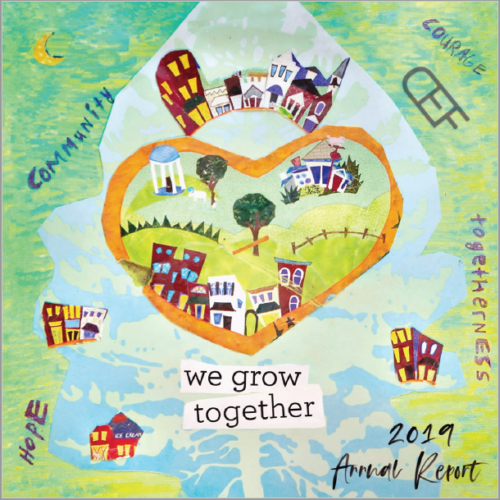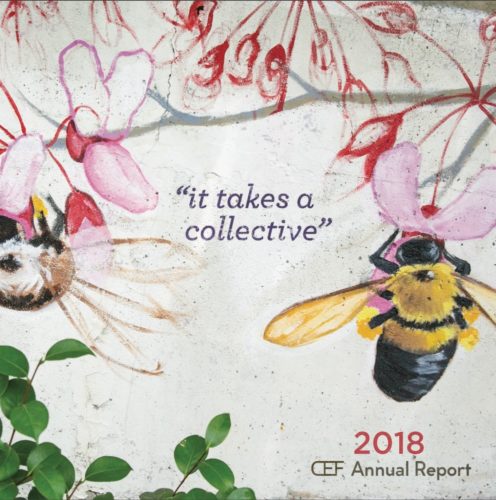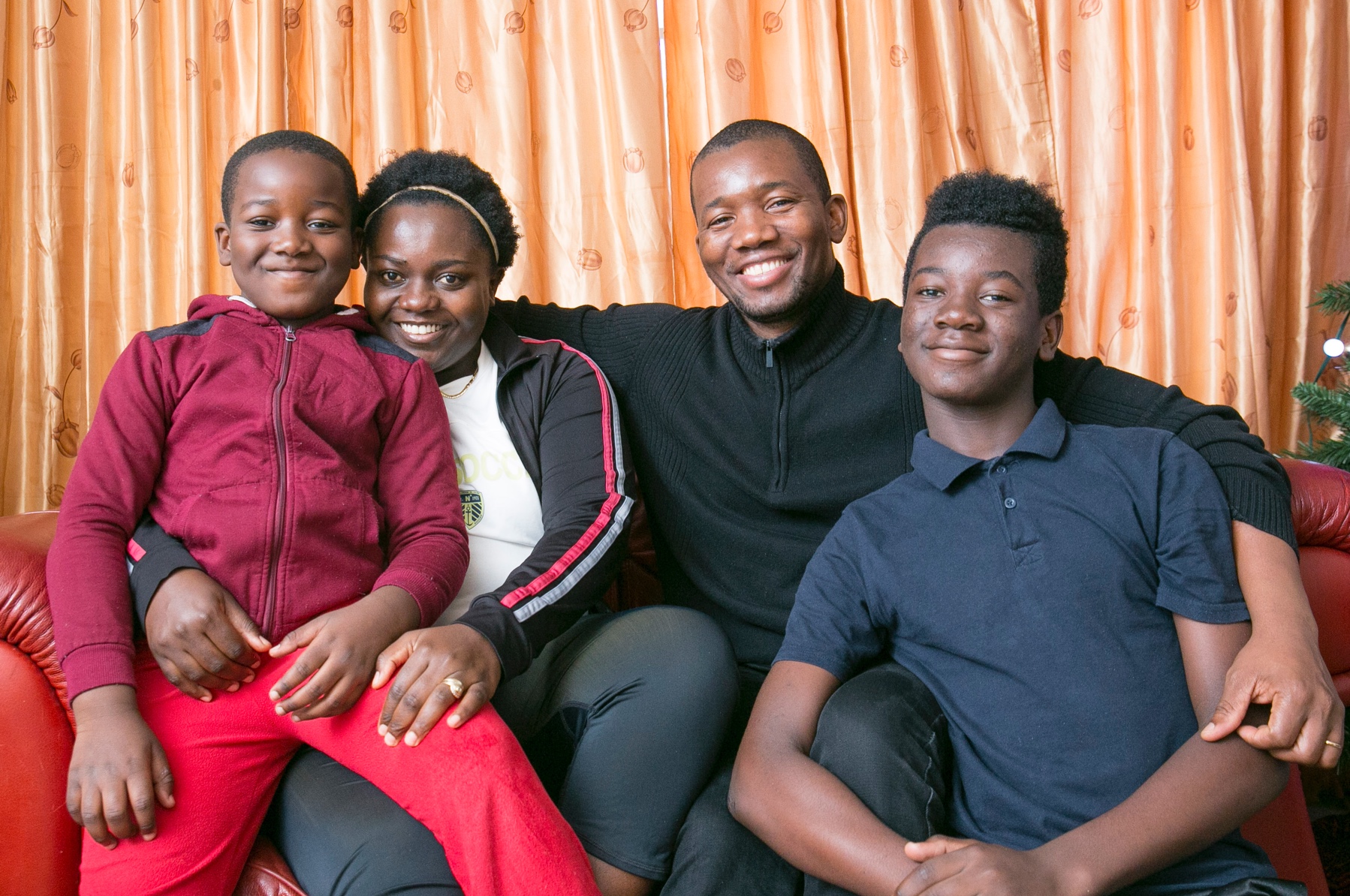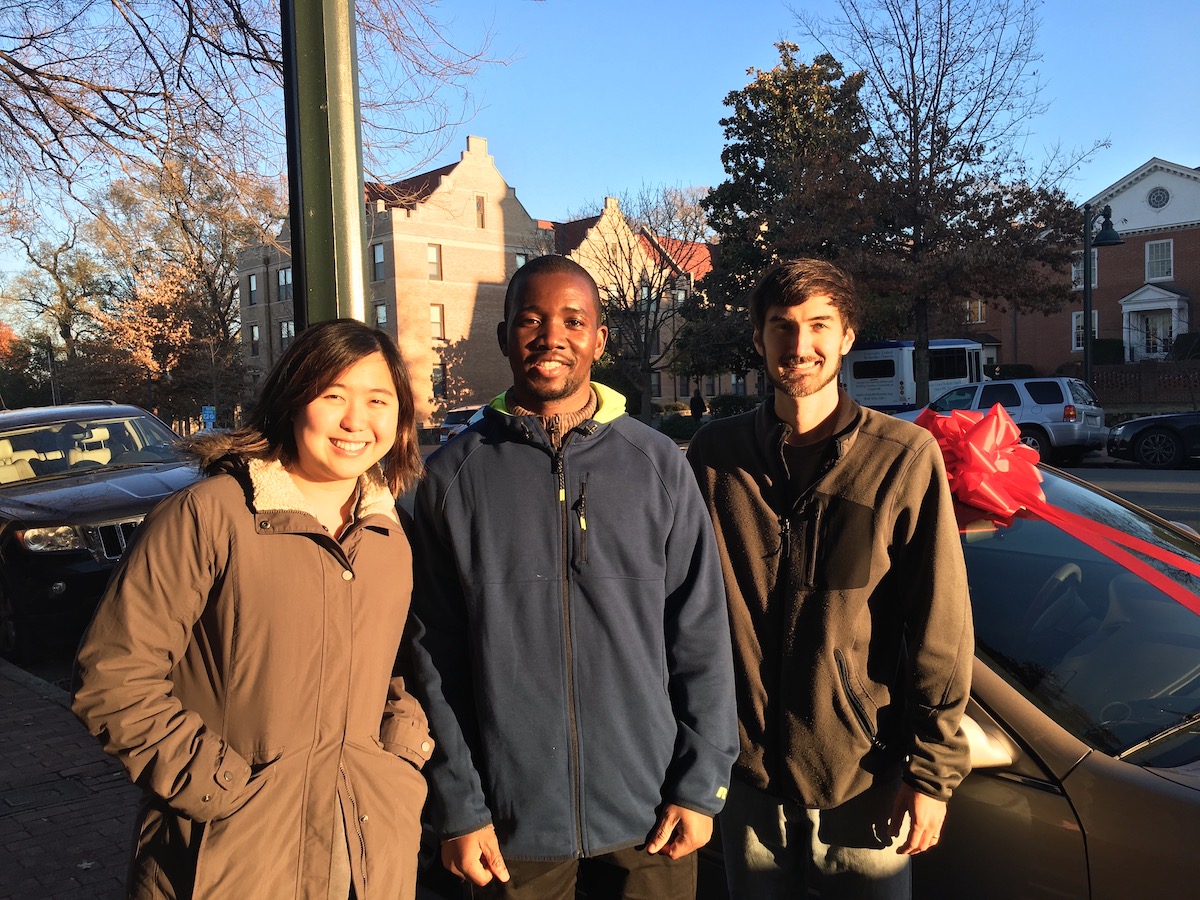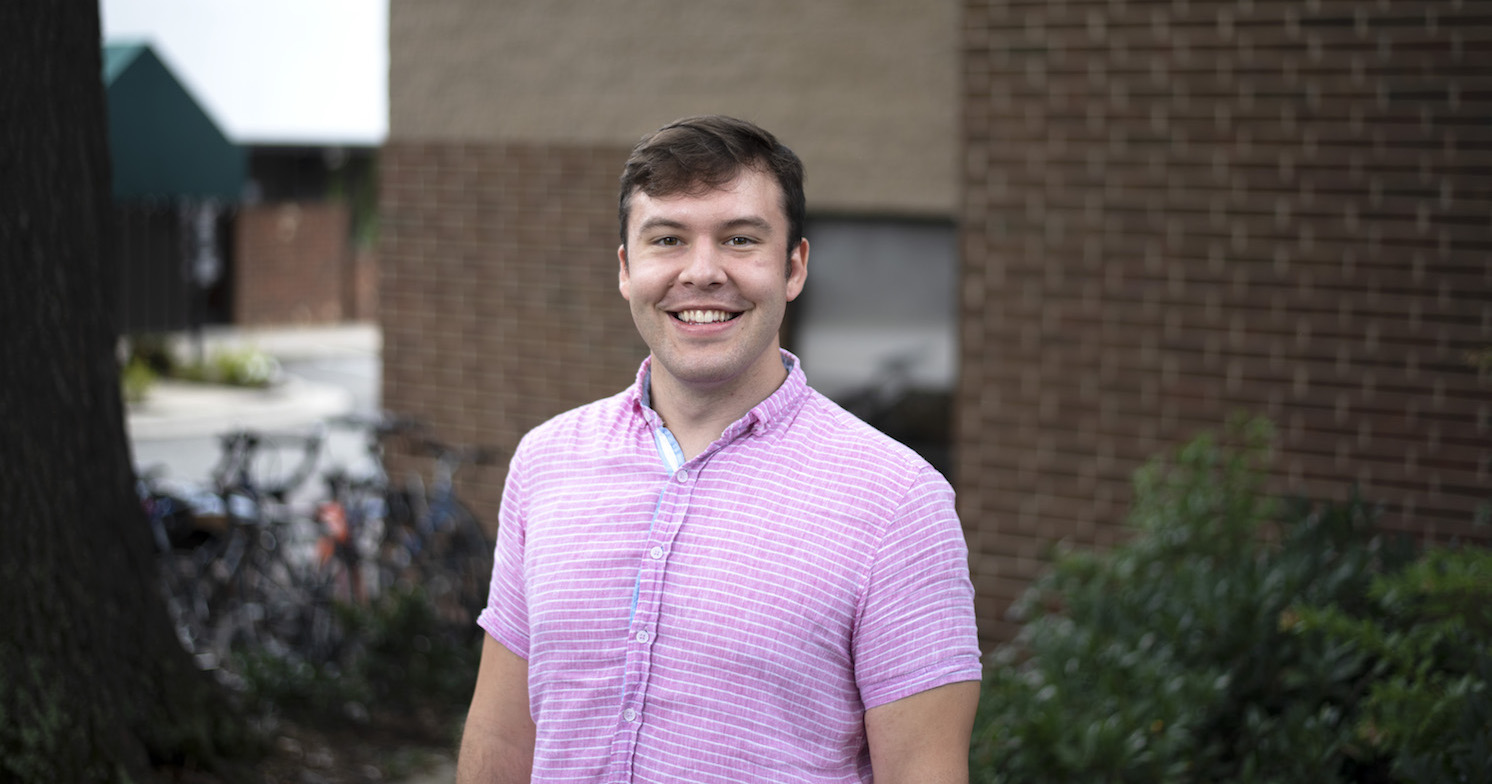In their home in Chapel Hill, Mussasa and Denise share pictures of family members and loved ones, many of whom are strewn across the globe by war. Their son Joshua looks over his mother’s shoulder at the pictures, saying, “This is sad. Oh my gosh, I miss it.”
Mussasa and Denise are both from Congo, and met in Burundi while both were fleeing war in their home country. It was 1996 and they were in their early twenties. As war continued, they moved to South Africa as refugees, where they were married and lived for 14 years. For a long time, they held out hope that they would be able to return to the Congo.
Across borders and amidst isolating, uprooting experiences of leaving family and home, Denise and Mussasa have restarted their lives again and again in the pursuit of a safe, stable home for their family. Denise has begun and built a number of careers, including law in Congo, business management in Burundi, and adult education in South Africa. Mussasa is an incredibly skilled welder, working in welding in every country they have lived, even teaching welding and skilled trades to unemployed youth in Capetown.
In 2016, after 20 years away from their homes and feeling that there was little chance they would ever be able to move back to the Congo, they made the bold decision to move to Durham, North Carolina.
Denise shares, “When we got here we didn’t know where to start, and transportation was a big problem.” With their busy schedules juggling work, school, and family, relying on public transit was significantly limiting their opportunities.
They heard about CEF from a friend and started saving in CEF’s matched savings accounts for a vehicle while working with Advocates to find better-paying jobs.
Denise reflects on what it means that they trust CEF with their personal savings, sharing that, “Being Congolese, it’s a bit difficult because… In 1994, they changed the currency in Congo and the banks just decided to say, ‘Well, you don’t have any money anymore!’ So all we had worked for, just gone back then.”
Despite these experiences with banks abroad, they trusted CEF because of the testimonies of friends, and because of the “emotional connection.” Denise says, “For example, when we got here, everything was too much, and then you get someone to have your hand and say, ‘we can work on goals that you have. We can address certain concerns that you have. Let’s do this one, then the next one, and the next one.’ There’s an emotional connection.”
After saving for several months and working with Advocates to get insurance and licenses, they reached their goal and were preparing to buy a car. Right at that moment, one of CEF’s campus partners surprised the family with a donated vehicle! Professor Jim Kitchen’s entrepreneurship class at Kenan-Flagler raised thousands of dollars through their own micro-enterprises in order to purchase a vehicle for the family.

